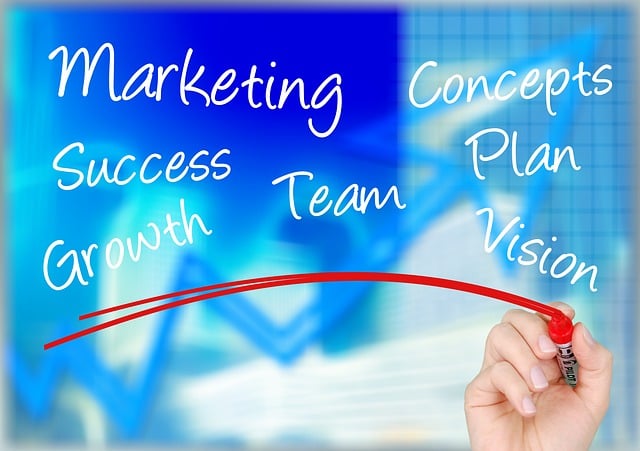AI kitchen automation is transforming culinary arts by leveraging advanced algorithms and machine learning to analyze customer data and chef preferences, providing personalized recipe suggestions. These recommendation engines streamline inventory management, enhance customer experiences, and revolutionize business operations in the food industry. By integrating with kitchen equipment and continuously learning from feedback, AI automation becomes a powerful partner for chefs, improving efficiency and menu design while minimizing waste. Regular updates based on ingredient trends and customer feedback ensure recommendations remain relevant and aligned with evolving demands.
In today’s digital era, AI business recommendation engines are transforming industries. For chefs, AI kitchen automation offers a revolutionary tool to streamline operations and enhance culinary creativity. This article delves into the development of AI recommendation engines tailored for kitchens, exploring key components like understanding chef needs, designing efficient systems, and implementing data-driven insights. By leveraging AI, chefs can optimize menu planning, ingredient sourcing, and task management, ultimately elevating their dining experiences.
- Understanding AI Business Recommendation Engine Development
- Designing an AI Kitchen Automation System for Chefs
- Implementing and Optimizing AI-Driven Chef Recommendations
Understanding AI Business Recommendation Engine Development

In the realm of modern business strategy, Artificial Intelligence (AI) recommendation engines have emerged as powerful tools, particularly in the culinary arts sector with AI kitchen automation for chefs. These engines leverage sophisticated algorithms and machine learning techniques to analyze vast amounts of data and offer personalized suggestions tailored to individual preferences and behaviors. By understanding customer needs and trends, these systems can revolutionize how businesses operate, from streamlining inventory management to enhancing the overall customer experience.
AI business recommendation engine development involves a meticulous process that includes data collection, cleaning, and preprocessing, followed by model training and testing. The goal is to create algorithms that not only predict preferences but also adapt and learn continuously as new data becomes available. In the context of AI kitchen automation for chefs, this means suggesting optimal ingredient combinations, automating recipe creation, and even personalizing meal plans based on dietary restrictions and taste profiles.
Designing an AI Kitchen Automation System for Chefs

In today’s digital era, AI kitchen automation for chefs is transforming the culinary landscape. By leveraging advanced algorithms and machine learning, an AI recommendation engine can analyze a chef’s preferences, past creations, and even seasonal ingredient availability to suggest optimal recipes in real-time. This not only enhances efficiency in the kitchen but also fosters innovation by exposing chefs to new combinations they might never have considered.
Designing such a system requires a deep understanding of culinary arts and precise execution. The AI must be capable of integrating with existing kitchen equipment, such as ovens and blenders, to automate repetitive tasks while allowing for human intervention when necessary. Additionally, the system should learn from feedback loops, continually refining its recommendations based on the outcomes of automated cooking processes. This iterative approach ensures that over time, the AI becomes an invaluable partner in the culinary creative process.
Implementing and Optimizing AI-Driven Chef Recommendations

Implementing AI-driven chef recommendations involves integrating advanced algorithms into kitchen operations, revolutionizing how culinary professionals source ingredients and plan menus. By analyzing vast datasets on ingredient availability, customer preferences, and past orders, AI automation can suggest tailored recipes, optimize inventory management, and reduce food waste. This technology empowers chefs to make data-informed decisions, enhancing efficiency in the kitchen and ensuring consistent, high-quality dishes.
Optimizing these recommendation systems requires continuous learning and adaptation. Machine learning models must be trained on diverse datasets, incorporating feedback loops where chef insights and preferences are integrated. Regular updates, including new ingredient trends, seasonal variations, and customer feedback, ensure recommendations remain relevant, palatable, and aligned with the evolving demands of both chefs and diners.
The development of AI business recommendation engines, as demonstrated through the integration of AI kitchen automation for chefs, offers a transformative potential for various industries. By leveraging advanced algorithms and machine learning techniques, these systems can revolutionize how businesses operate, from streamlining processes to enhancing customer experiences. As we continue to explore and optimize AI-driven chef recommendations, it’s evident that such technologies are not just the future but the present of intelligent business solutions.
